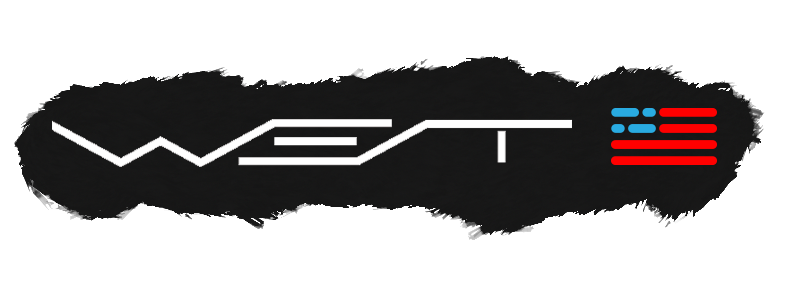The Unintended Consequences of Simple
Until only recently, only people who had the proper technical expertise or access to a large budget could tap into the true potential of the internet. The introduction of blogs or, more aptly, simple publishing is changing all that, turning the tables on conventional content providers and forever altering the face of modern networks.
Blogs are technically mini-content management systems; scaled-down equivalents to the same portal software large corporations use to push their content to millions of users every day. They let you publish diverse content where you want, when you want, to whom you want. But that's not why blogs are so revolutionary.
Although the advent of large-scale content management systems has eliminated the need to learn html, it's hard for the individual publisher to justify the high development costs or steep learning curve associated with using one.
With blogs, sophisticated content management is no longer the distinct province of high-budgeted enterprises. They enable anyone who wants one to dynamically present prepared content via a professional face, with the ease and intuitiveness of a word processor. As some see it, Blogs represent a personal printing press on the desktop of every citizen.
Millions of people have realized the tremendous impact blogs are having on the internet, and untold more are awakening to the possibilities presented by them every day. However, of these untold millions, only a few truly (and justly) appreciate the consequences of this change.
The concept of self-publishing made simple, in the manner of blogs, is only a single expression of the mass enfranchisement of humans taking place. As more sophisticated systems enter into the general population of consumers, control over information and the internet will be transferred from existing networks to clustered individuals with vastly expanded capabilities.
Increasingly people are able to publish themselves, promote themselves, merchandise themselves, do it all themselves, bypassing the third-party supplier and communicating with their intended audience direct, without constraints to scope.
In the wake of expanded capabilities, one person powerhouses are threatening to trivialize the importance of the third-party provider. Some day it may only be you and your target listener, with no intervening parties or interests.
Furthermore, greater quality controls over an individuals personal brand will result from their expanded capabilities, in effect letting the individual assume nearly total authority over their personal presentation to the rest of the humanity.
On the internet, at least, personal brands will rule, and corporate brands will adjourn the limelight pending the next cycle of the internet. Disempowered institutions will be on par with individuals in terms of how much influence they can exert over a given populace. The preponderating forces of the future will manifest as causes, which will likely decentralize from wherever they originated, and spread virally among interested clusters of the internet population.
Now the internet is really starting to come into its own as a democratic medium.
Do you suppose the progress of the medium will turn out to be in itself a step backwards as its users start relying on quasi-libertarian notions of responsible citizenship to guide their conduct? With more and more complex mechanisms entering into the general disposal of individuals, can we really trust the internet to organize itself according to the best interests of everyone involved?
